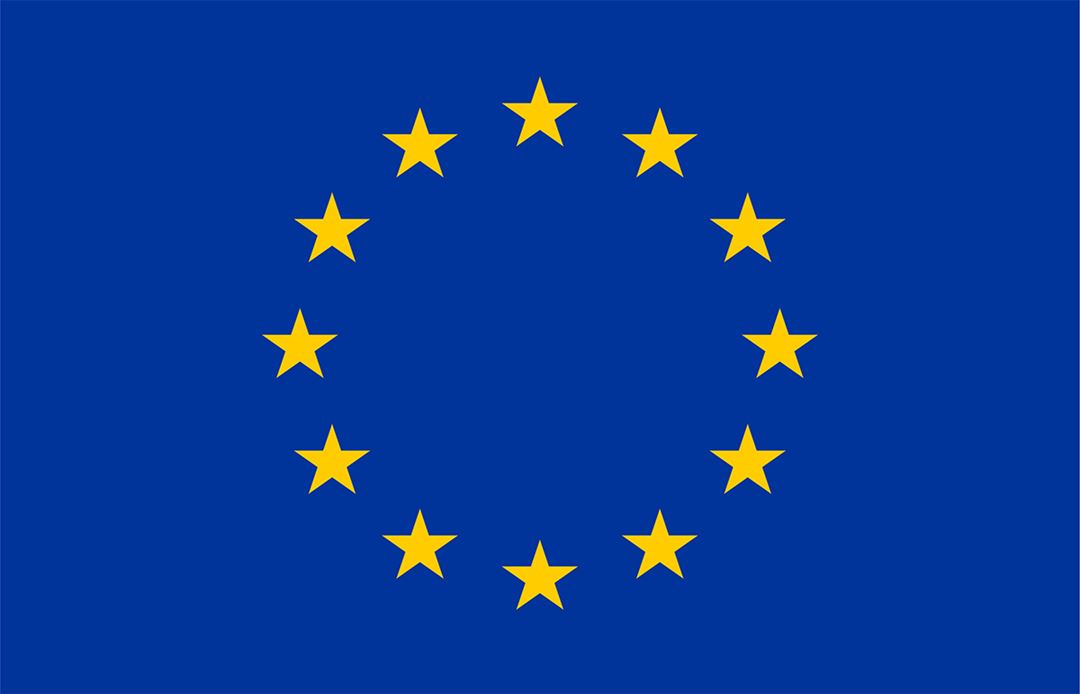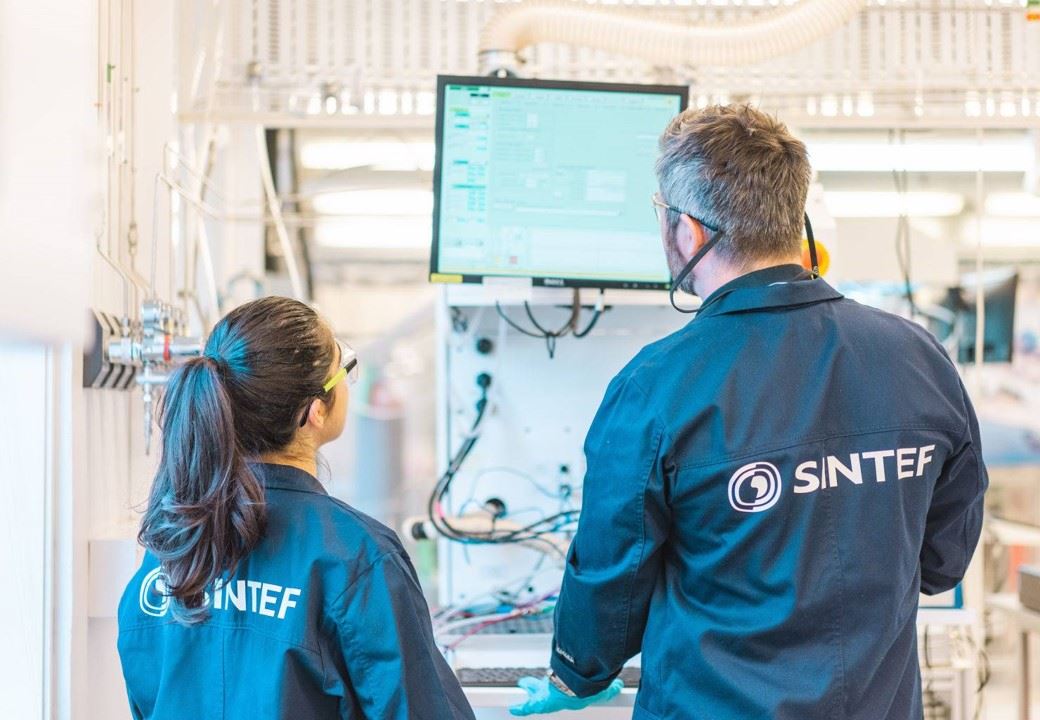The global maritime transport sector reportedly produces 2.5% of the total global greenhouse gas emissions, leading various national and international organizations to begin adopting strategies targeting maritime transport emissions. For example, the International Maritime Organization has adopted regulations to reduce carbon emissions from international shipping by at least 50%, compared to 2008 levels, by 2050, and Norway's fjords will be free from cruise ship and ferry emissions no later than 2026.
Proton exchange membrane fuel cells (PEMFCs) offer an attractive solution to reduce the carbon emissions of the maritime transport sector, with high energy efficiency, rapid refuelling, and a scalable design. However, current fuel cells struggle to meet the performance, durability, and production cost requirements for adoption in the maritime sector. The LOCOMOTION project aims to address the challenges surrounding fuel cell adoption in maritime transport applications through a bottom-up approach to fuel cell component design. Specifically, we will be targeting the development of novel membrane, catalyst, and catalyst support materials to reduce the production cost of fuel cells and increase component durability under demanding maritime load cycles, while maintaining high performance.
In the LOCOMOTION project, SINTEF will develop novel hydrocarbon membranes to reduce the dependence on fluorinated polymers, then demonstrate the performance of the optimised membrane electrode assemblies in-situ.
- Partners: SINTEF, HyPlat (South Africa), Tubitak (Turkey), CealTech (Norway)
- Budget: 963 000 EUR
- Project type – Era.Net MarTERA

M-ERA.NET has received funding from the European Union’s Horizon 2020 research and innovation programme.

